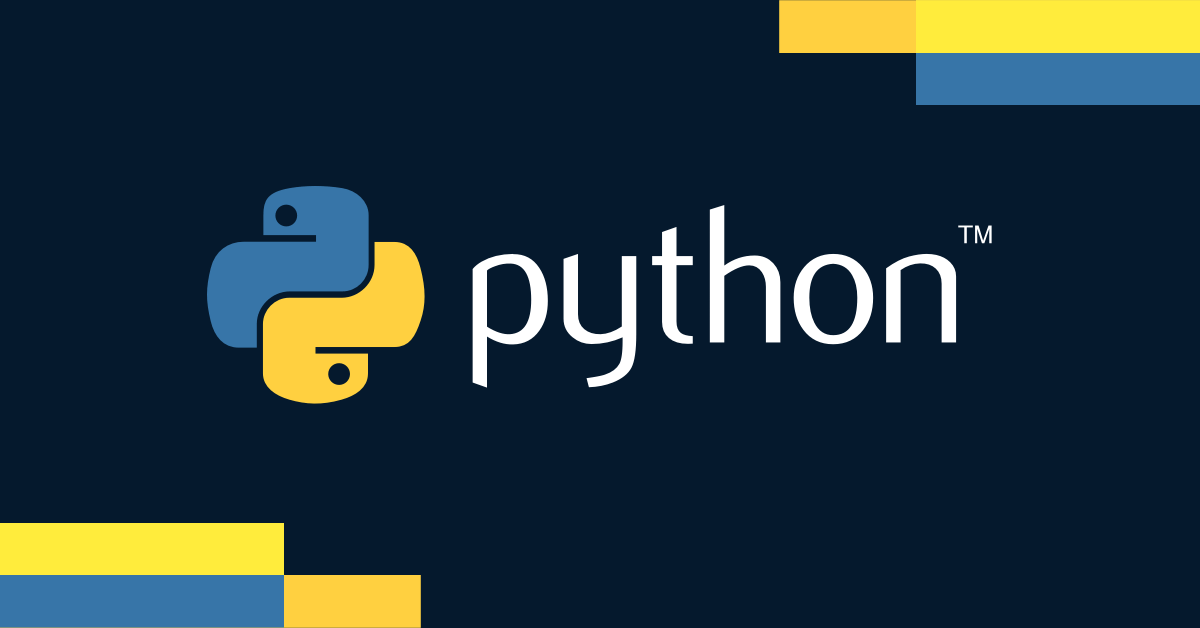How Python Powers Business Development

From Silicon Valley start-ups to global conglomerates, Python has been instrumental in groundbreaking innovations and everyday operations alike, facilitating business evolution and growth. This programming language, renowned for its variety of libraries and frameworks, allows programmers to accomplish complex tasks and develop software solutions in weeks, whereas other languages might take months. If you need the assistance of professional Python developers, consider these experts.
In the meantime, read on to find out how this programming language influences various facets of modern business. What makes it so popular? Let's take a closer look at the benefits of Python development.
The benefits of Python development
Scalability
The story of Python in the business landscape is intrinsically tied to its scalability. Start-ups love Python because it allows rapid prototyping. As these companies grow, Python grows with them. Consider Instagram: It began as a modest project but now handles over a billion users. With Python at its core, it seamlessly scaled to meet the demands of its ever-growing user base.
Efficient web development
Python is not just about backend scripts; it's also a powerful tool for web development. Frameworks like Django and Flask make web application development intuitive and efficient. A standout example of Python's capabilities in web development is Pinterest. The platform, built on Django, caters to millions of pinners every day, showcasing Python's strength and reliability.
Data analysis
In the age where data is the backbone of decision-making, Python allows businesses to manage and analyze large datasets efficiently with libraries like Pandas. Furthermore, visualization tools such as Matplotlib and Seaborn empower businesses to make sense of their data, converting complex information into comprehensible visual stories. Python's capabilities extend to empowering businesses with scalable and efficient solutions, particularly in data analysis and web development. For those seeking to master these skills, there are comprehensive Python training programs on DataCamp that cater to all levels of expertise. Enroll in these courses to learn how you can leverage Python for your business needs.
Operation automation
Routine operations can become resource-draining for businesses. Python comes to the rescue with automation. From automatically generating monthly reports and screenshotting websites for testing purposes to scraping essential data from the web, with Python libraries such as Automate and Selenium you can save time and resources.
Risk management
With its capabilities in risk management, trading, and predictive analytics, Python is a reliable ally for the financial sector, always in need of precision and efficiency. Tools like QuantLib and Zipline make complex financial calculations and predictions more manageable and accurate. Additionally, Python's versatility extends beyond financial analysis, as it can be used to scrape dynamic websites for real-time data, providing valuable insights for decision-making in this fast-paced industry.
Machine learning and AI
One of the most far-reaching contributions of Python to businesses is in machine learning and artificial
intelligence. Using libraries such as TensorFlow and Scikit-learn, you can provide personalized shopping experiences
through recommendations, deploy chatbots for customer service, predict sales and inventory needs, optimize supply
chains, and more.
Continuous innovation through community support
Behind Python's success in the business world lies a vibrant community of developers. This vast network ensures that Python remains up-to-date, secure, and enriched with a multitude of libraries and tools. For businesses, this means continuous access to innovations and improvements without significant investments.
Cost-effectiveness
Being open-source, Python cuts down licensing costs. Moreover, its simplicity means a reduced development time, which translates to cost savings in project timelines and enables resource allocation to other essential areas.
Takeaway
In conclusion, Python's influence on business is multifaceted. Its scalability ensures it fits businesses of all sizes, while its wide range of applications, from web development to AI, makes it an invaluable asset in the modern business toolkit. As businesses evolve in a rapidly changing world, Python offers flexibility, efficiency, and innovation. For businesses looking to stay ahead in the competitive market, embracing Python might just be the key.